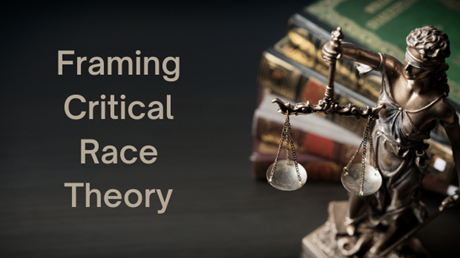The final installment examining CRT through a missiologist perspective.

In the final part of my series, I answer the five most frequently asked questions I receive about CRT. Before doing this, I want to unpack two nuances about my work. First, I view CRT as an available tool I, a Christian missiologist, can use when performing cultural exegesis.[1] My conscious is clear when saying I’m not compromising my assured salvation in Christ (John 1:12; 10:27-29; Rom 5:8; 2 Cor 5:21; 1 John 5:11-13) or Christian worldview when I engage CRT. CRT gives me opportunities to interact as a missionary in the field of education where Jesus has placed me (Psalm 25:4-5; 37:23-24; Acts 17:26-27). CRT gives me a platform to share gospel-infused solutions to its insightful questions, and calls me to address pressing social issues impacting the lives and communities I serve while developing resources Christian urbanites can use in their evangelism and discipleship work. I also acknowledge there have been times when CRT has called out ‘racism’ in society that’s been either ignored or practiced by Christians. To me, this is an opportunity to redeem our witness.
Second, in part-one I cite Habermas’ pivot of Critical Theory (CT) away from Marxism and his call for the inclusion of religious voices in civil discourse. I did this because, as a missiologist I see this as an invitation for Christian influencers in spheres such as the arts, economics, education, engineering, medicine, politics, the social sciences, et al to communicate God’s truth in ways the non-religious can understand and wrestle with. Accepting this invitation does not make me a Marxist. The work I produce is evidence I’m not a Marxist. More importantly, with God the Holy Spirit’s empowerment and supernatural ...
from Christianity Today Magazine
via


.gif)

.gif)
.gif)
